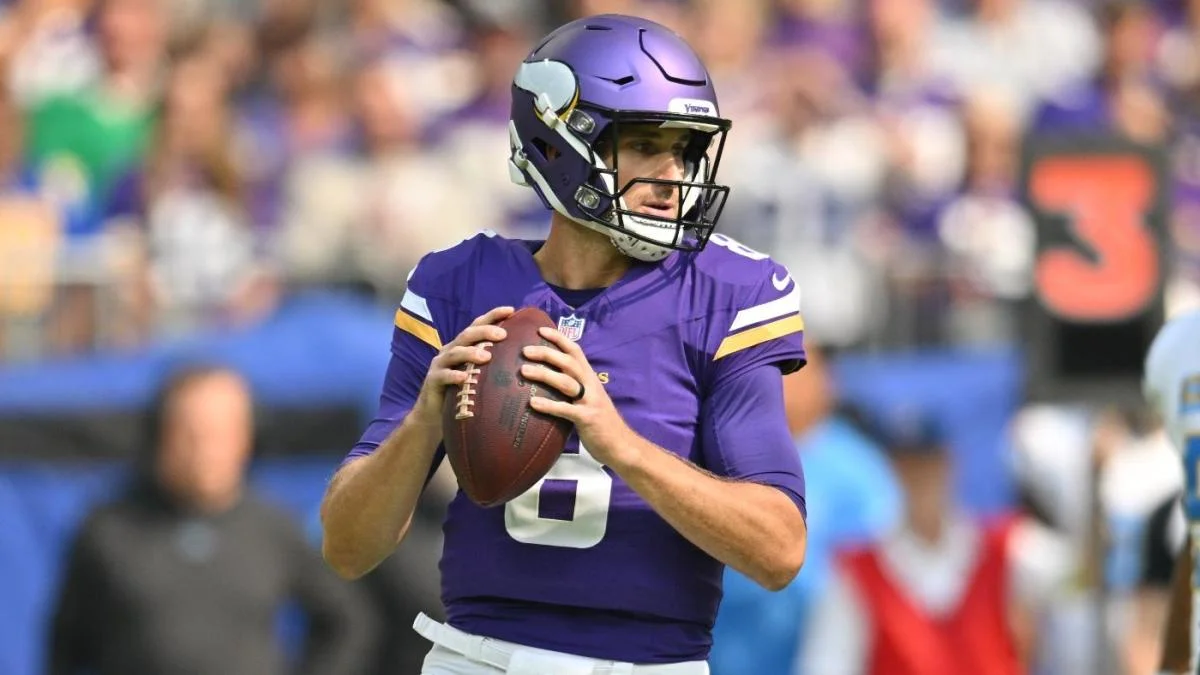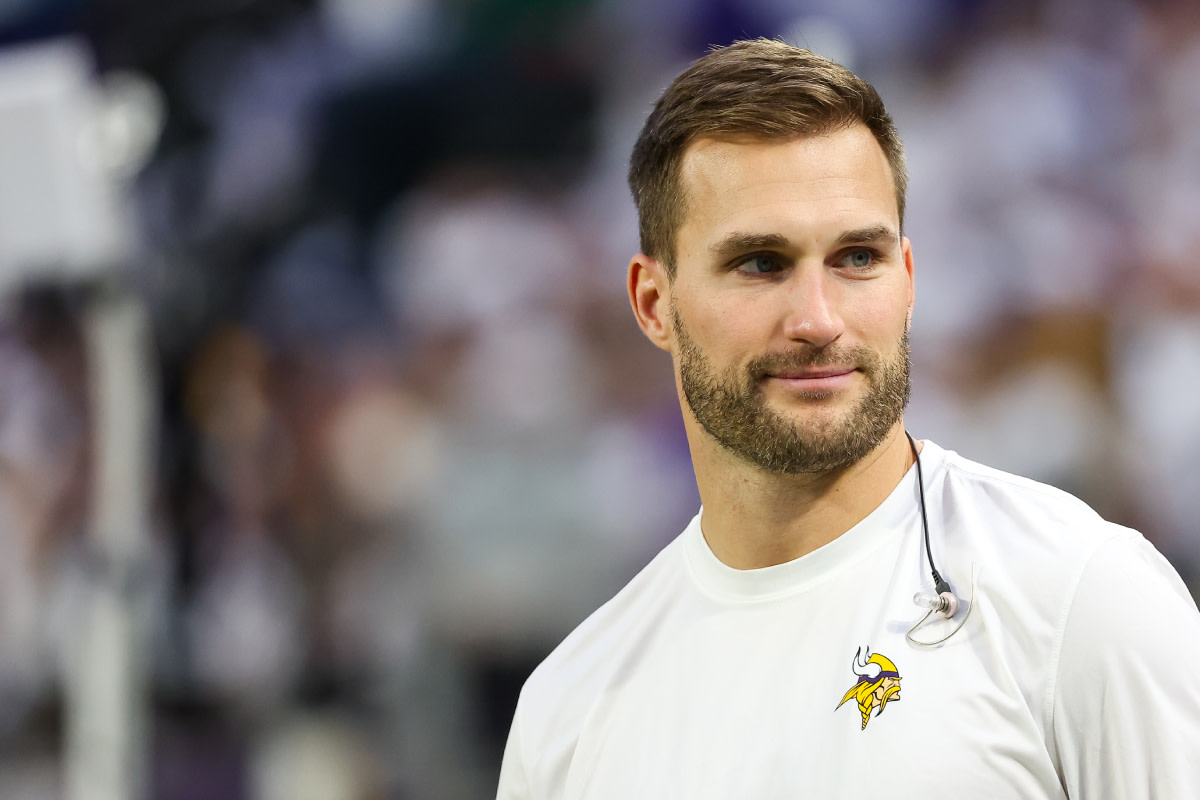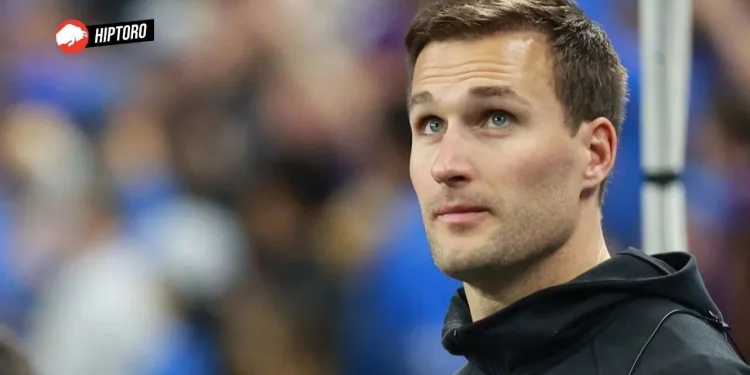The recent free-agency shift of Kirk Cousins to the Atlanta Falcons has left NFL fans buzzing. Ending his six-year tenure with the Minnesota Vikings, Cousins inked a four-year, $180 million deal with Atlanta, including $100 million in guaranteed money. But his departure wasn’t solely about finances. Albert Breer from Sports Illustrated disclosed a deeper layer: the Vikings intended to draft his replacement.

J.J. McCarthy On Minnesota Vikings’ Radar
In a transparent move, the Vikings informed Cousins they would be targeting a new quarterback in the NFL Draft, ultimately selecting the University of Michigan’s J.J. McCarthy with the 10th overall pick. This decision signaled that the Vikings were transitioning toward a younger roster, leaving Cousins with a choice to make.

Financial Incentives and Draft Moves
However, the Falcons’ approach was less forthright. Just six weeks after securing Cousins’ signature, Atlanta chose the University of Washington’s Michael Penix Jr. with the 8th pick, blindsiding the veteran quarterback. While the Falcons’ strategy caught Cousins by surprise, the hefty financial package of $180 million certainly softened the blow.
Kirk Cousins went to the Falcons who drafted Michael Penix Jr. at No. 8 😳
(via @AlbertBreer) pic.twitter.com/eTszHJzpSU
— Bleacher Report (@BleacherReport) May 6, 2024
Kirk Cousins’ Impressive Minnesota Vikings Career
Cousins’ time in Minnesota was marked by consistent success. A four-time Pro Bowler, he accumulated over 18,000 passing yards and threw 129 touchdowns with the team. Despite tearing his Achilles last season, he still managed 2,331 yards, 18 touchdowns, and just five interceptions across eight games.

Moving Forward with the Atlanta Falcons
Now, Cousins faces a new chapter in his career with the Falcons. Although Atlanta’s decision to draft a younger quarterback may suggest a similar succession plan, Cousins will undoubtedly lead the team with his well-established skill set and experience. His move underscores how draft strategy, financial incentives, and communication can shape the future of an NFL franchise.










